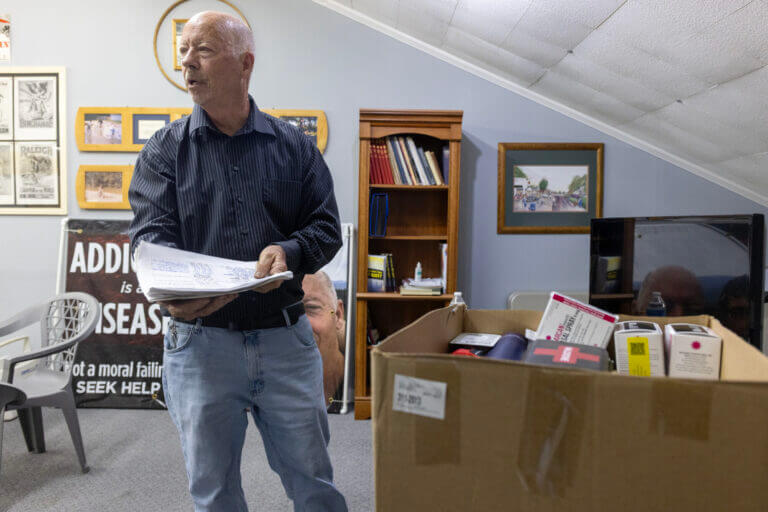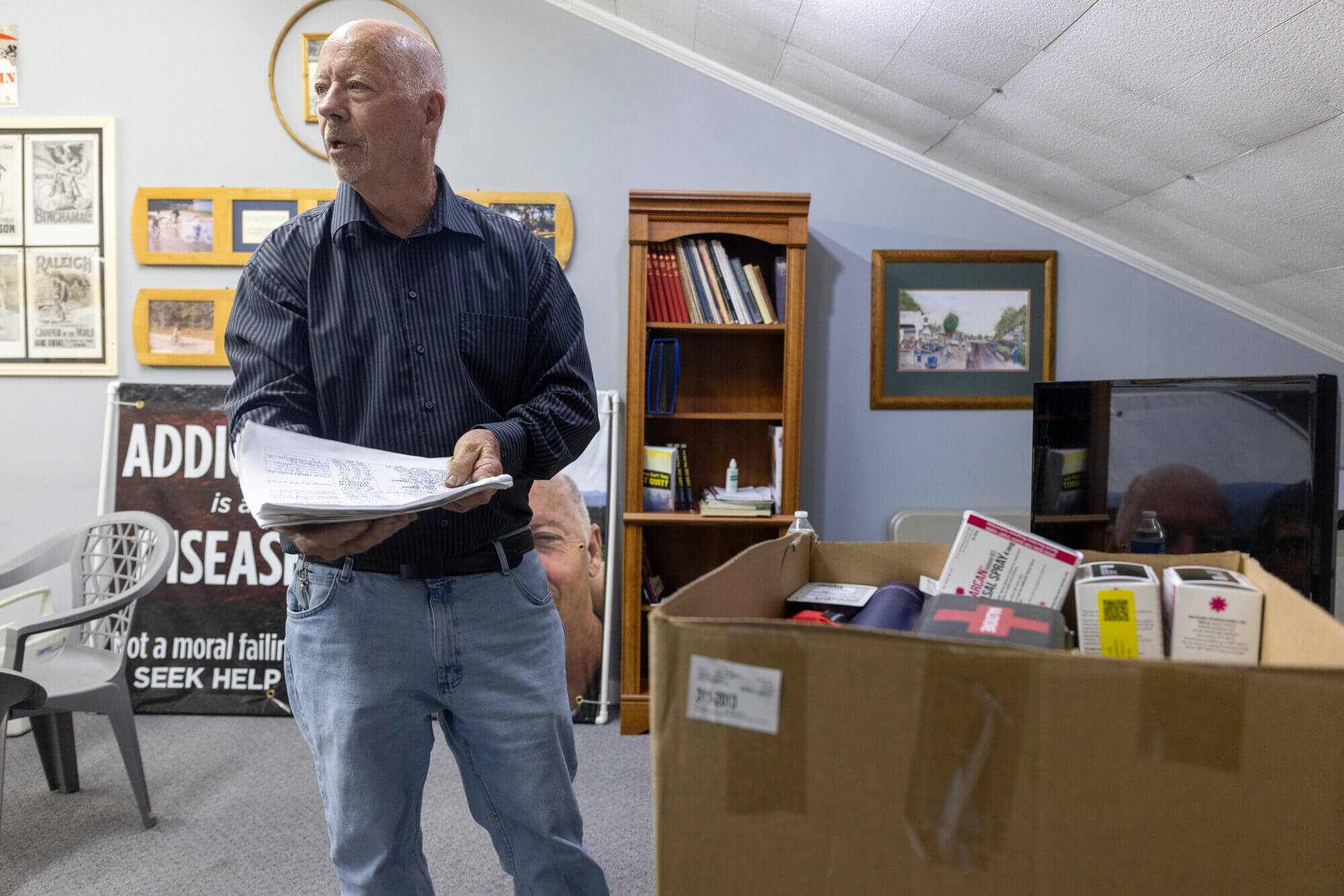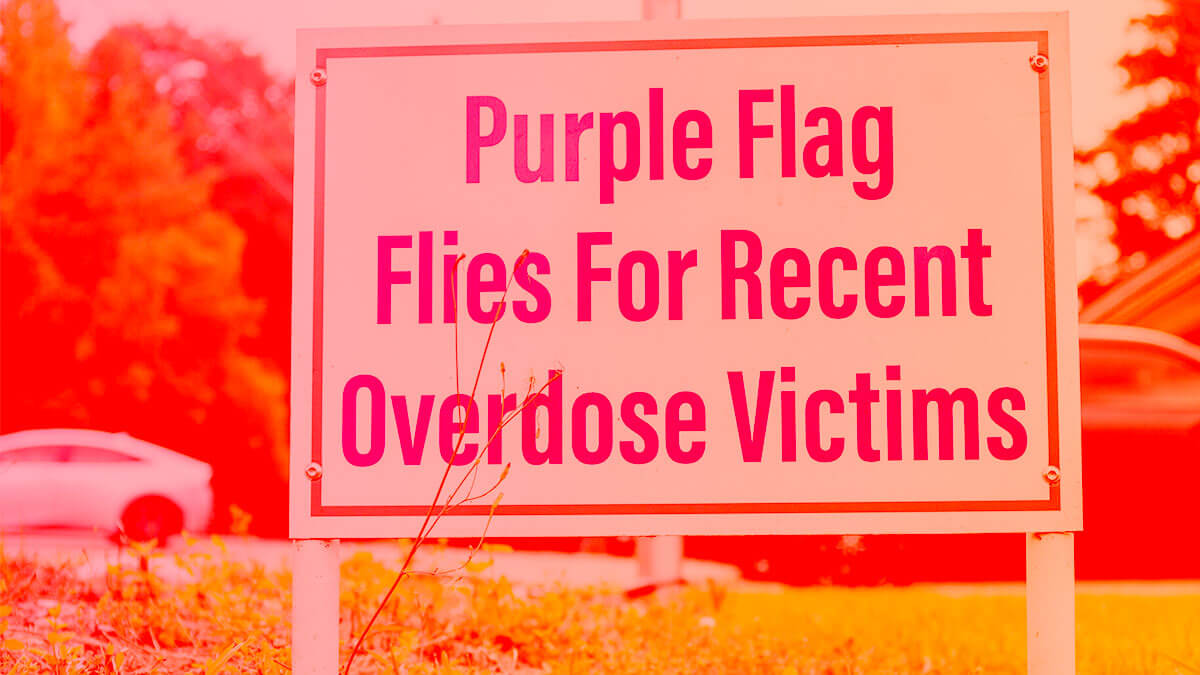

Editor’s note: October is National Drug Prevention Month, making an essay on the ongoing opioid epidemic both timely and pertinent. Mississippi Today Ideas publishes guest essays on the issues impacting the state.
On April 6th, 2015, I discovered my son, Jeffrey, non-responsive in his living room. I called 911 then performed CPR until paramedics arrived. Two hours later, the emergency room doctor confirmed our greatest fear. He was 24 years old and the cause of death was a heroin/fentanyl overdose.
I frequently speak in recovery centers as a father who witnessed his son struggle through a decade of opioid addiction that began in junior high.
In my son, I saw the shame he felt as a result of his addiction and the actions he felt he had to take to keep the dope sickness at bay. The impact of Jeffrey’s addiction on our family was significant then, and it continues to this day.
The safeguards in place to protect Americans from faulty products failed Jeffrey and our family. Addictive opioids were irresponsibly manufactured and distributed years after those profiting knew their actions were costing American lives and destroying families.
I was pleased to learn of the national opioid settlements directing those companies that practiced business unscrupulously to pay into a fund to be used to remediate some of the harms. I was saddened to learn over $63 million of those funds would be directed to Mississippi cities and counties with absolutely no stipulation that they be spent to remediate the opioid epidemic. These local governments are free to patch potholes with these funds if they so choose.

The good news is that as of now, most funds remain unspent, and there’s time to hold decision makers accountable on how they’re spent. The bad news is that hundreds more Mississippians have fallen victim to the opioid epidemic as those funds sat idle in city and county bank accounts.
At Mayor Toby Barker’s request, I formed a citizens advisory group to offer the city of Hattiesburg guidance on how to invest our funds. The committee included a university dean, the director of two area drug rehabilitation centers, a local harm reduction advocate, our local city homeless coordinator, directors of local sober living homes, people in recovery and surviving family members, like myself, who have lost loved ones to overdose.
We agreed on the following six strategies that we believe would best remediate the harms of the opioid epidemic.
Greater public access to no-cost naloxone (Narcan) is the number one reason for the recent decline in overdose death rates. We suggested our city provide overdose reversal kits anywhere they currently provide an automatic external defibrillator. We also asked that events be held where naloxone is distributed to the public along with overdose reversal training.
The gold standard in treating opioid addiction is the use of medicated assisted treatment drugs (MAT). These drugs help manage cravings, increasing the chance of obtaining long term recovery. Making MAT available in local jails reduces the chance of overdose following discharge and reduces recidivism. We recommended the city explore using the employee clinic as a point of distribution of MAT and that they encourage the local jail to adopt MAT.
The chances of recovering from opioid addiction are increased if a person can move directly into a sober living environment following their treatment stay. If a tree surgeon removes a dying tree from the forest and nurses it back to health in a greenhouse then returns it to the same place where it acquired the disease, the tree’s chances of recovering are slim.
Sober living homes are few in number and the cost of moving into one often exceeds the resources of the person new to sobriety. We suggested the city consider making any vacant housing properties in their possession available to nonprofits experienced in operating sober living homes. We also suggested the city consider paying the move-in deposit and first month’s rent for city residents needing a sober living environment.
The Oxford House model is a worldwide sober living concept where residential homes are rented and shared by as many as eight individuals who split expenses making the arrangement cost effective while holding each other accountable in their personal recovery.
Lack of transportation is another obstacle to long-term recovery. By offering transit passes, the city could help those in recovery find and keep jobs and make the recovery meetings they need to attend. Funds also could be used to transport a resident to a recovery center and to return them home when they complete their stay.
We suggested the city look at ways to remove other small but significant obstacles to recovery, such as assisting those needing a driving license reinstated or obtaining a state-issued ID.
We asked the city to consider removing the “felony conviction” box from their job applications. This box of shame is enough to keep some otherwise well qualified applicants from applying for employment.
Lastly, we requested the city consider constructing a memorial to commemorate the lives of all our residents lost to overdose. It would allow grieving family members to gather to remember those lost and in doing so eradicate the unfair stigma of this disease.
What our group did not ask for was any financial consideration to us personally to compensate us for our pain and suffering. And I’ve yet to hear of any talks of such a settlement being directed at surviving family members.
The only thing we want to see from this settlement is for your family not to endure the losses we’ve endured.
Many elected officials will be tempted to look at these funds as a windfall and will spend them with little regard for the suffering and loss that created this opportunity. I encourage you to visit your city council and board of supervisors and implore them to do the right thing.
Form your own local advisory group, or simply take the suggestions our group has provided for you and offer them to your elected leaders.
Rather than patching potholes, let’s insist on building pathways to recovery.
Bio: James Moore, a small business owner in Hattiesburg, has been an advocate on issues related to drug use and prevention since the overdose death of his son, Jeffrey, in 2015. He is a former alderman for the city of Petal and current member of a task force formed by Hattiesburg Mayor Toby Barker to offer suggestions on how the city can battle the opioid crisis. He also is on the statewide Opioid Settlement Fund Advisory Council.
- Former Greenwood police officer pleads guilty to federal drug trafficking charges - February 27, 2026
- UMMC officials say normal operations will resume Monday after cyberattack - February 27, 2026
- Hinds County public defender: Office needs additional funding to avert constitutional crisis - February 27, 2026